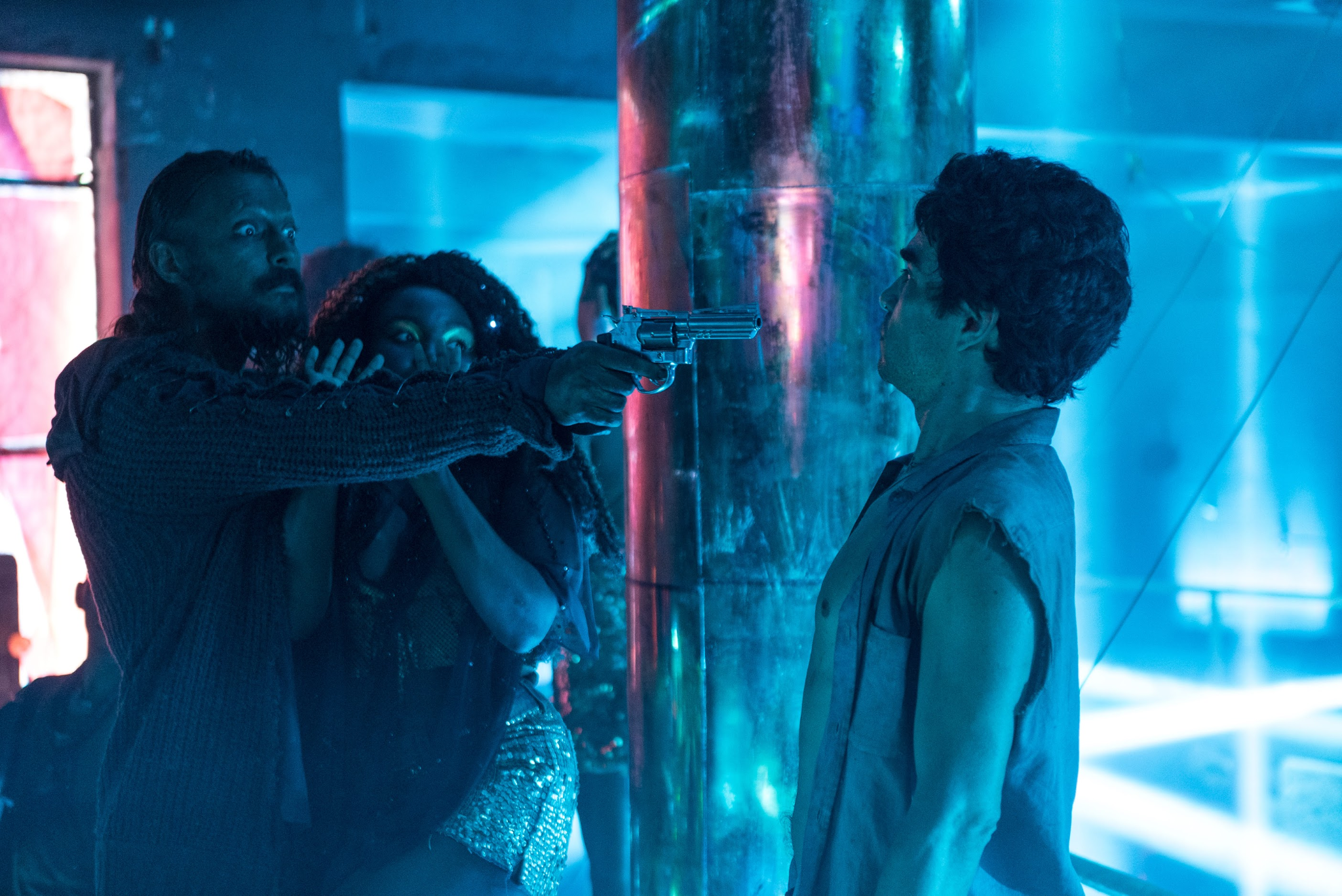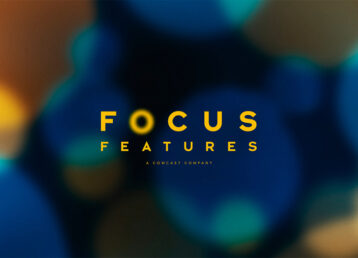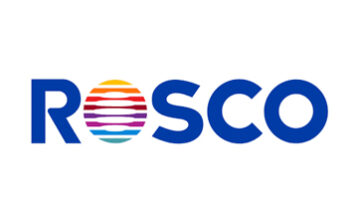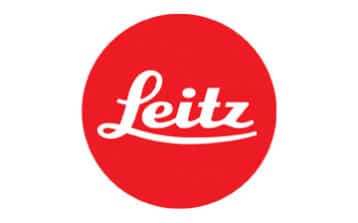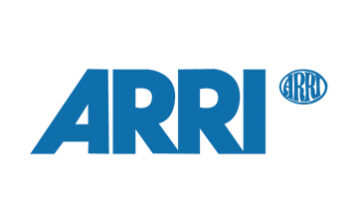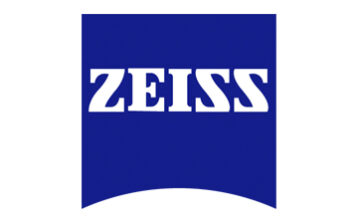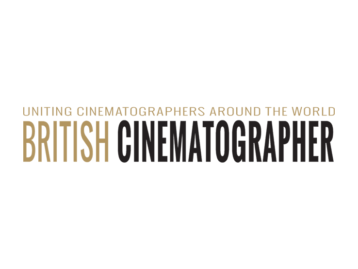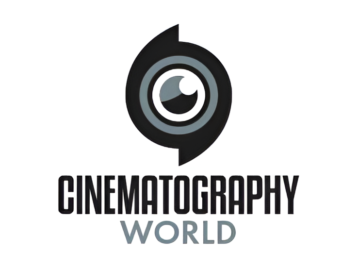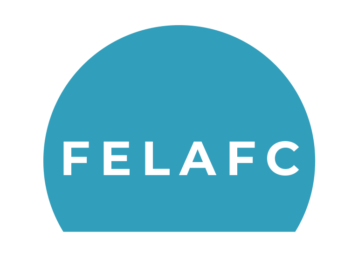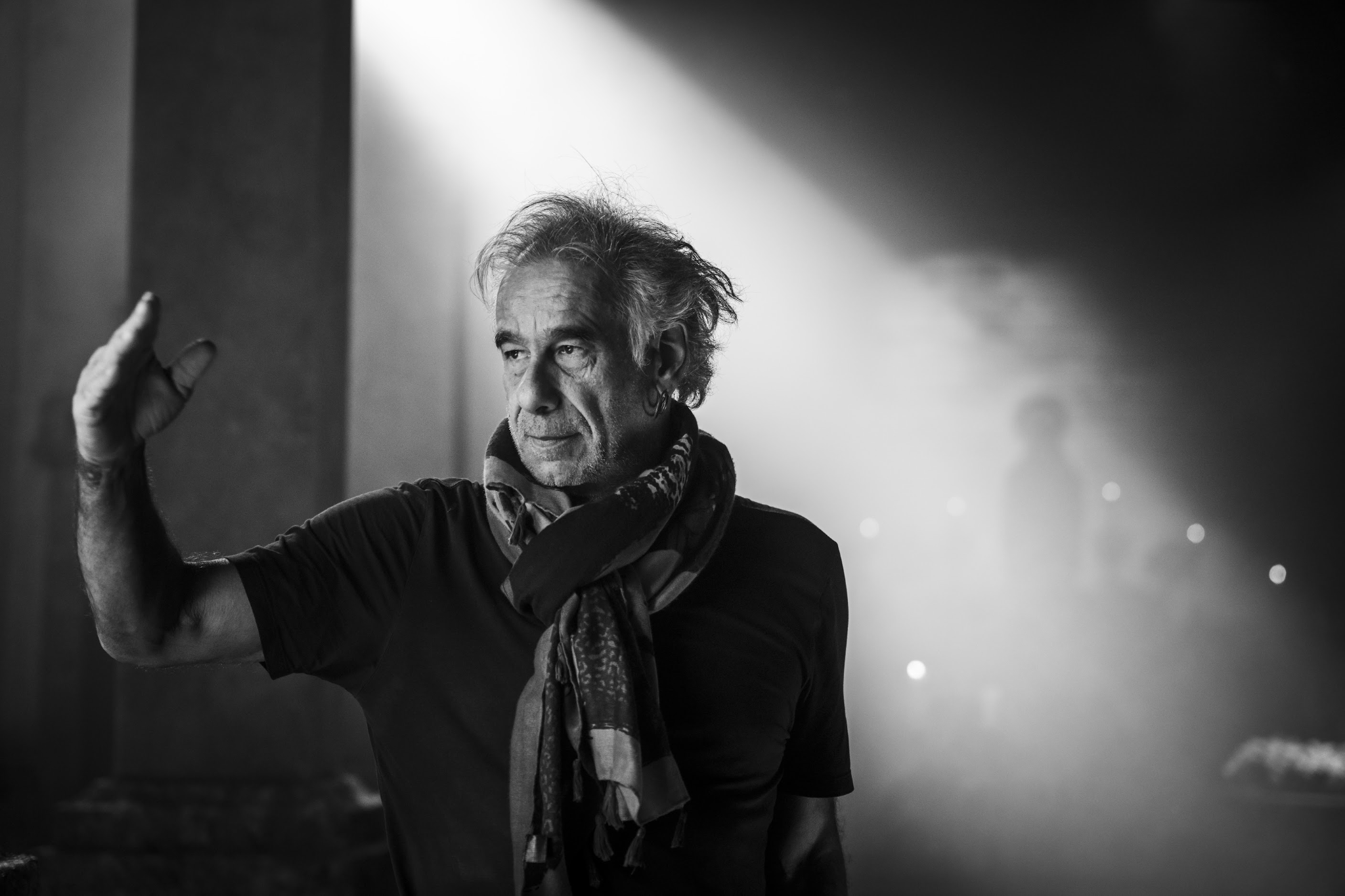
Gustavo Hadba, ABC, is a cinematographer whose career is marked by boldness, versatility, and a profound passion for the audiovisual arts. Hadba had his first contact with the world of cameras through a passion that seemed far removed from cinema: surfing.
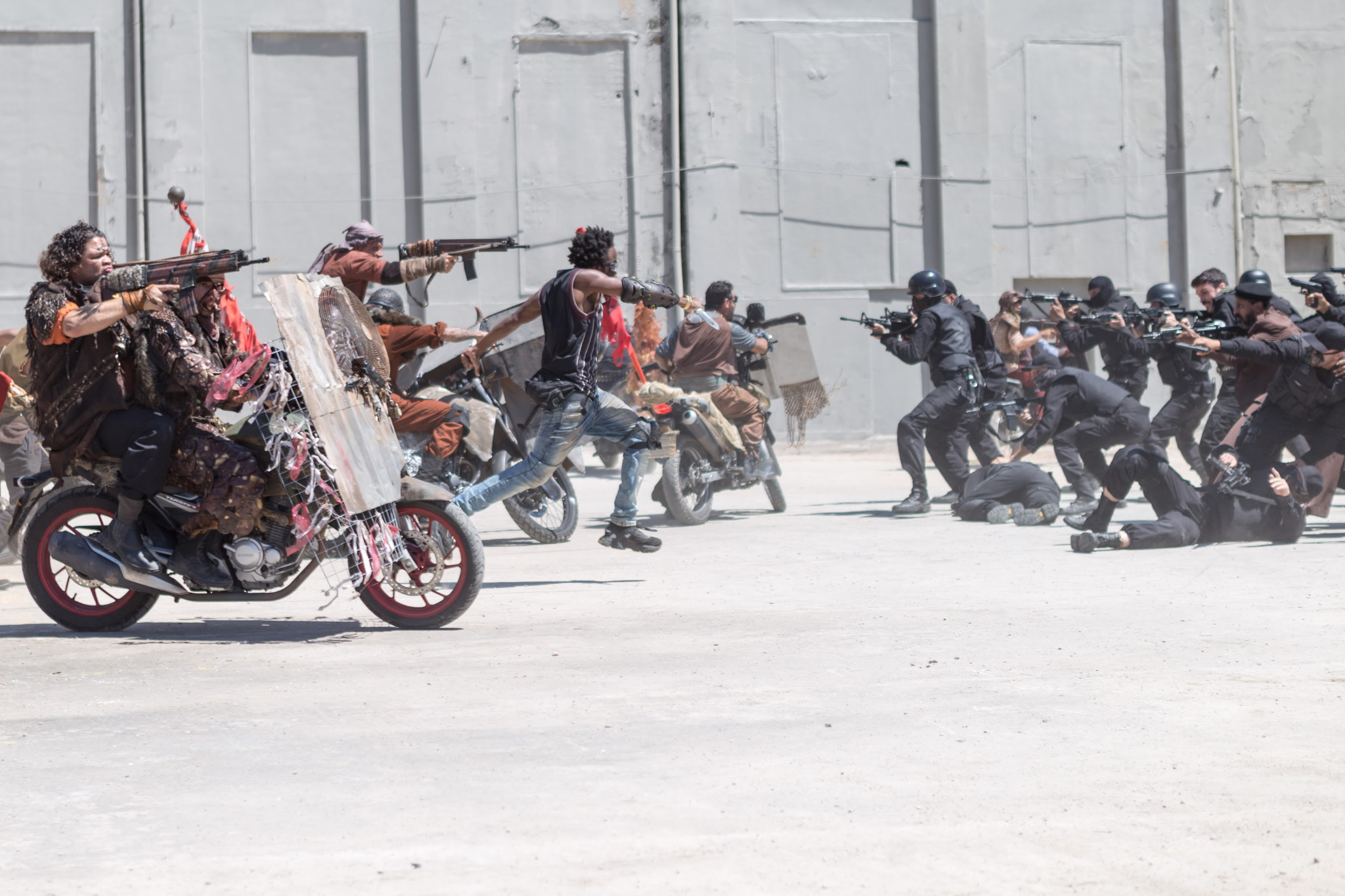
Hadba’s relationship with audiovisuals began on the beaches, watching surf films. “My relationship with audiovisual was surf films,” he says. In the 1970s, watching these films was an almost clandestine event, where the beauty of the waves and the skill of the surfers captured his imagination. Surfing was the catalyst that sparked his interest in filming, initially with a Super 8 camera. By filming his own adventures at sea, Hadba began to understand the magic of capturing moving images.
A serious skydiving accident changed the course of his life. During the long recovery period, Hadba was introduced to the professional world of cinematography. “My aunt knew someone, and I met a guy who was a cameraman for TV Bandeirantes… it was the first time I went on a set.” This experience opened his eyes to the world of cinema and video, marking the beginning of his career.
Despite the lack of formal training in cinema, Hadba compensated with determination and an incessant desire to experiment. Working in hard news, he covered events like international elections and natural disasters, which gave him vast practical experience. His initial approach was free from formalities: “I had no formality in it… This allowed me to be freer or more creative.” This freedom enabled him to develop a unique and innovative style.

A crucial experience in his career was participating in political campaigns. In 1986, Hadba worked on a campaign in Pernambuco directed by Guel Arraes. This provided him with a deep understanding of Brazil. “The campaign gave me a relationship with Brazil, a Brazil that the surfer didn’t know.” Traveling to different regions of the country broadened his vision and understanding of Brazil’s cultural and social diversity, influencing his work and creative perspective.
Gustavo deeply values the wealth of experiences gained throughout his career. He describes the experience of operating a camera and steadicam for many years as an immense pleasure and, above all, a true school, where each project became an opportunity for learning and professional growth. Working with a diverse range of people and in various situations provided him with a wide array of experiences, allowing him not only to participate and observe but also to intensely engage and contribute ideas.
Hadba often refers to “flight hours” as crucial to his professional development. “Flight hours are something you actually need to fly to have.” Working in different locations and challenging situations, from the Amazon to Mozambique, to Canada or Myanmar, provided him with a wide range of experiences that shaped his technical and creative skills. “Experience and all these things, the restrictions, make you calmer and make you look for another option.”
For Hadba, being a cinematographer involves more than just technical skill. He emphasizes the importance of collaboration and complicity with the creative team. “You have to be willing to be complicit with those people who are telling that story. From the director to the production designer, from the screenwriter to the art director.” Knowing and deeply understanding colleagues is essential to creating a harmonious and productive environment.
Films like “Endless Summer” and “The Song Remains the Same” had a significant impact on Hadba. These films document personal quest and freedom, aspects that resonate with his own journey. He also mentions the healthy envy he felt watching “Into the Wild” directed by Sean Penn, wishing he had been responsible for the photography of that film.
Boldness is Hadba’s hallmark. He always seeks to push boundaries and experiment with new approaches, even at the risk of failure. “Without wanting to sound arrogant, my hallmark is not being afraid.” This philosophy led him to challenging and innovative works, such as the recent “Grande Sertão,” where he faced the challenge of creating a brown-toned night, a “sertanejo moonlight” like an “American night.”
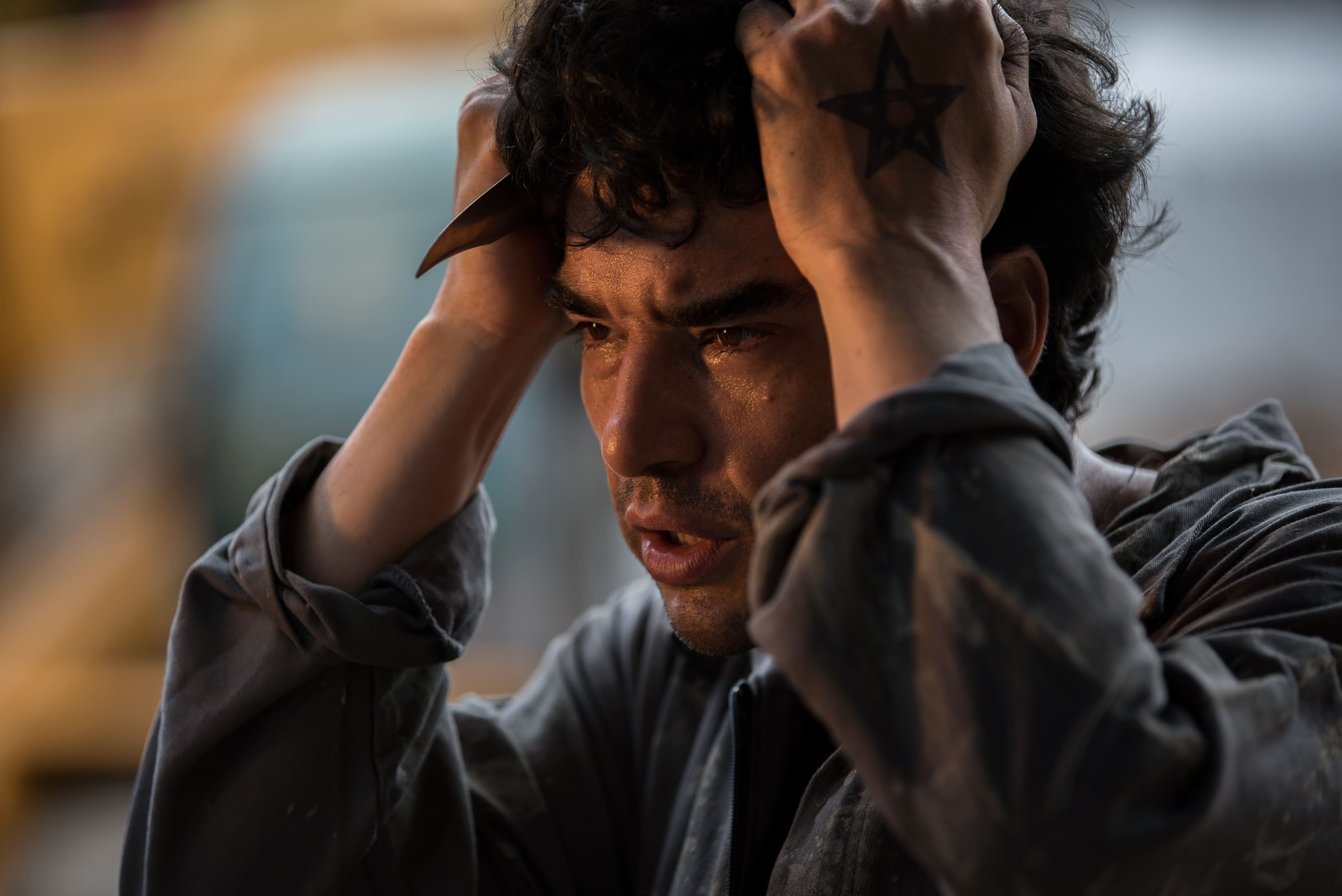
Currently, Hadba continues to explore new frontiers. Among his recent works are “O Alto da Compadecida 2” and “Cansei de Ser Nerd.” He is also preparing “Meu Querido Mundo,” a black-and-white film directed by Miguel Falabella, and has just released “Grande Sertão,” directed by Guel Arraes.
Gustavo Hadba is an example of how passion, boldness, and resilience can lead to a brilliant and inspiring career in cinema. He encourages new generations to be bolder and to seek diversity in their creations. “Do things differently, don’t be afraid,” he advises, reflecting the spirit that defined his own journey.
Hadba’s story is proof that, even starting modestly, it is possible to reach great heights through determination and the will to explore new horizons.
